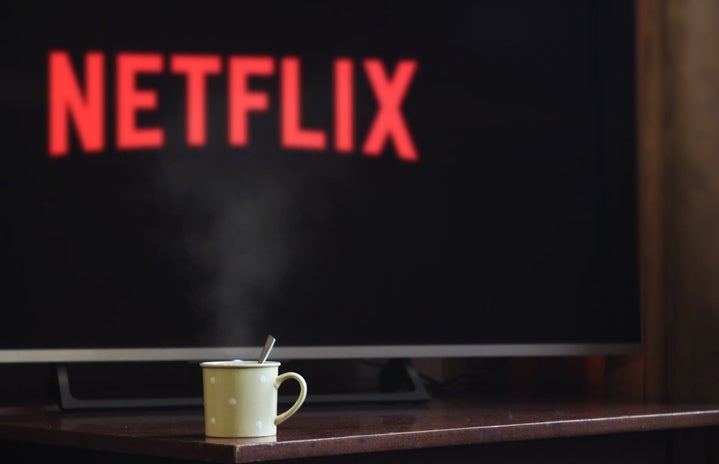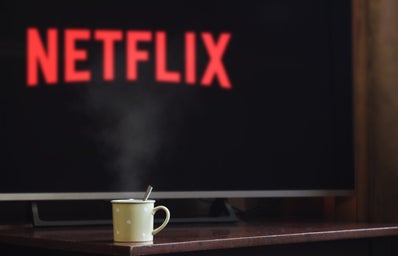I’m a huge fan of Stranger Things. It’s an innovative show with great characters and great sets. But after waiting two years for it to drop, it seemed like everyone had watched it the day it came out, and as we wait for season four, I’ve wondered if it will be the same.
Over the past five years, the usage of streaming services has skyrocketed. During quarantine, people have had even more time to sit home and binge shows like The Queen’s Gambit, Marvel’s WandaVision, or Emily in Paris.
This connection with entertainment – or anything really – is called instant gratification. We, as consumers, can get something immediately by pressing a button. But we don’t think about how this hurts both us as the consumers and the creators of these amazing shows that we eat up in a day.
In an interview with HitFix in 2016, Netflix’s head of content Ted Sarandos explained that the reason they don’t drop T.V. shows weekly is because “there is no reason to” anymore.
But I disagree.
Based on science alone, there are studies such as from the Journal of Health Psychology in 2018, showing that it’s unhealthy for people to binge-watch and that the instant gratification that comes from this hurts both consumers and creators.
Even if you take that out of the equation though, online episode discussions and social media are key to building a thriving fandom and especially the word of mouth, one of the best and most relied-on strategies for getting shows out into the culture.
Between episodes, fans have ample time to swap theories about what’s going to come next, rehash their favorite scenes, or make memes about smaller, inconsequential moments. The next week, they get to see if their theories were right and the cycle continues.
Binge-watching is slowly diminishing this important aspect with each new show. The more series that are produced with the foreknowledge that they will be available all at once, the less time audiences take with consuming these storylines and actually understanding every layer of what the writers and directors want them to take away.
Along with this, episode numbers get diminished, going from around 21 episodes to eight or less, but the expectation of quality goes up, which means more work with less amount of time for all the writers, costume designers, and actors, all of which gets consumed by us, the viewers, in a couple of days or even hours.
While many shows do break into the mainstream media, most have a hard time gaining traction. Even in the 2019 – 2020 season alone, Netflix had to cancel 19 of their original shows. This format is slowly draining TV, both in its creation and consumption, of its flavor.
In the short run, is this the most important aspect of a show? Absolutely not and I understand that many people enjoy this way of watching shows.
For now, though, you are the one who has the ability to stop after one episode. So just take a moment and consider the effects of binging next time you turn on that new season of your favorite show.


